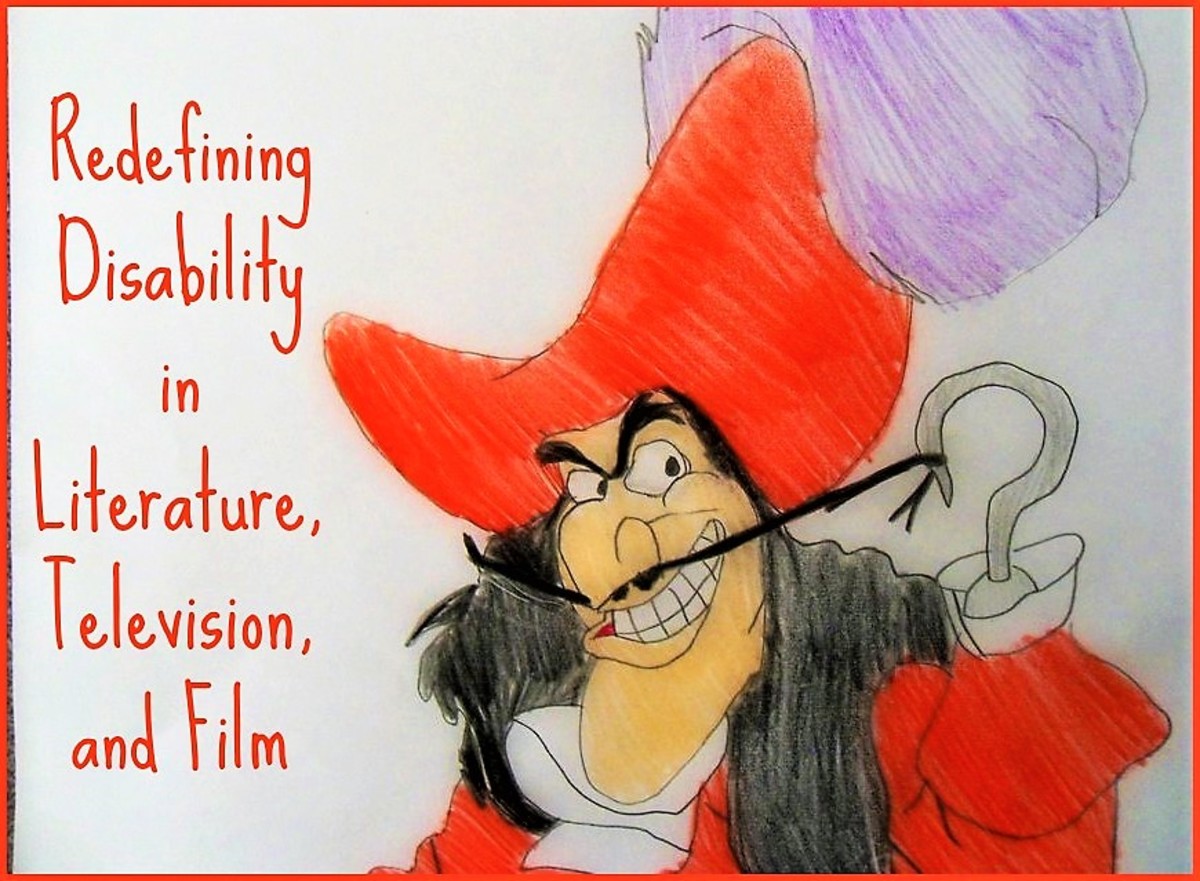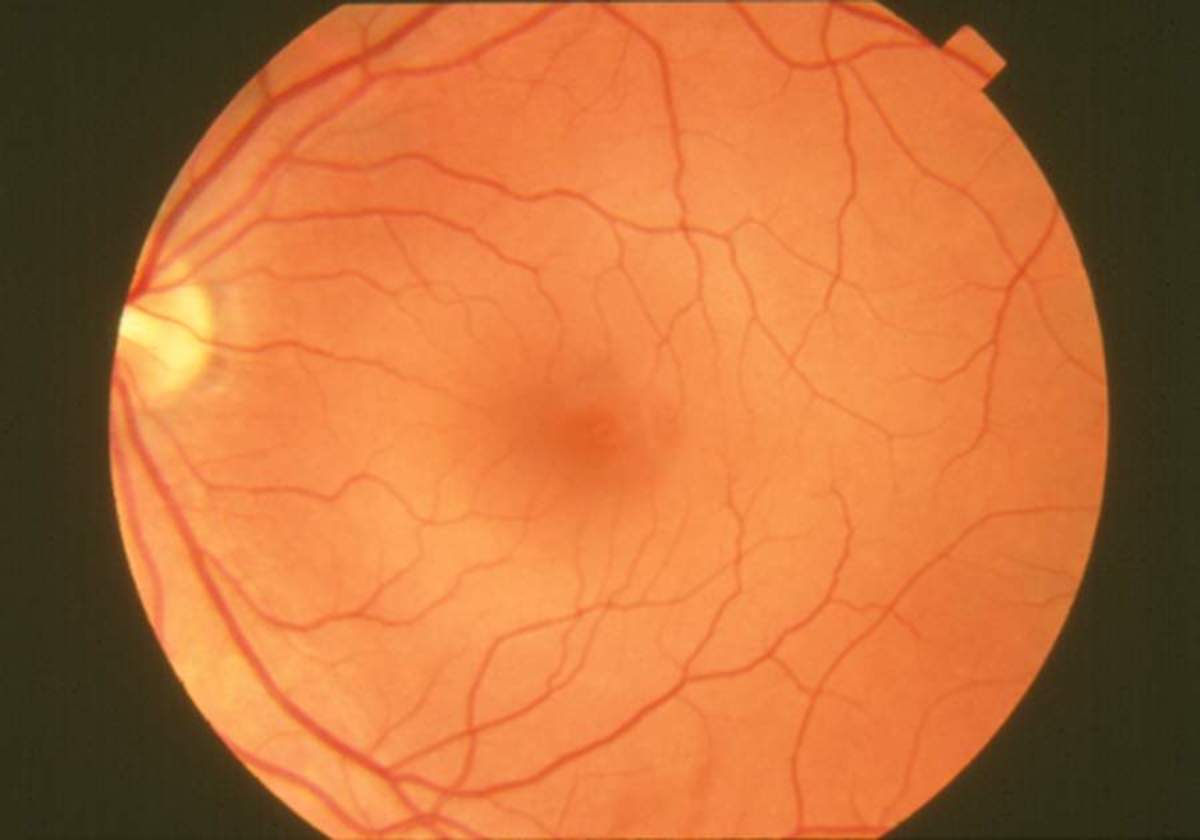Living with Learning Disabilities

Living with Learning Disabilities
Learning Disabilities now affect one in five people according to research in America. A learning Disability is a classification for several different identifiable conditions which causes a person, through either known or unknown factors to struggle to learn something as effectively as others. Different conditions affect the brain in different ways, but they all hinder the ability of learning, and daily life. Some types of learning disabilities can be overcome with special training, and extra care, but others will affect the sufferer for their entire life.
Types of Learning Disabilities
Learning Disabilities affect the brain in many ways, but they have been categorised into four groups to help simplify the understanding of a child’s difficultly.
1) INPUT: This category refers to all Learning disabilities that effects how the child (or adult) perceives information through the senses. This could mean how the child understands what he is seeing (for example shapes or lines), or what he feels (thinking something is hot when it’s cold).
2) INTEGRATION: This refers to a disability for the brain to convert the inputted information into data. Usually the brain will put snippets of the information together in the wrong areas; so the ability to learn and to apply knowledge becomes diminished. Effects of these conditions might be struggling with a sequence of information (e.g. Numbers or Day’s of the week).
3) STORAGE: This refers to disabilities that affect the memory. Occasionally long term memory may be compromised, but it is mostly the short term memory that is affected. This relates to how somebody can learn something new, and their ability to store new information.
4) OUTPUT: This refers to your brain converting information into an output. Weather through sound or drawing, or touch some people struggle to express their understanding in certain topics.
Disability Classification
To try and address different learning disabilities they have all been classified into groups. Classification will help parents and teachers understand what is wrong; and how to go about addressing the situation. It is possible for one person to suffer from multiple disabilities, and this is often the case.
Reading Disorders (Developmental Dyslexia) – These are the most common learning disability, with around 76% of all learning disabled children having problems with reading. There are many types of reading disabilities including Dyslexia. The different disabilities will affect different parts of the reading process, from the ability to recognise a word, to understanding the word, to the reading or rate or oral expression through reading and even reading comprehension. Some key signs of a reading disorder include difficulty to break words up into sounds, and the difficulty of matching letters to sounds.
Writing Disorders (Dysphasia / Aphasia) – Speech and Language disorders include hampered skills in handwriting, spelling, idea organisation and composition. Many suffers may understand exactly what they want to say, but as soon as they write it down their spelling is so misleading that they end up writing a totally different sentence. In their mind their spelling is completely accurate. There is often structural errors, maybe if writing an essay, the conclusion will come early on, and the introduction at the end. Possibly sentence structure will be very confused.
Math Disabilities (Dyscalculia) – A math disability affects the ability to learn mathematical concepts such as time, values and quantity. Mathematical facts are formulas are almost impossible to remember, and there is an increased difficulty in organising numbers. People who suffer from this condition are seen to have a poor sense of numbers.
Non Verbal Disabilities – These learning disabilities are often displayed through other parts of life. They include things like motor sense clumsiness, poor visual awareness, social awkwardness leading to problematic social relationships.
So what now?
A diagnosis of a learning disability can be a very devastating blow to a family. It is always a lot easier to accept that your child is just not working as hard as he could in comparison to him having something really wrong with him that affects his abilities. As a parent you always hope for the best for your child and hearing that they have a disability of any sort it a big shock. There is one thing important to remember; quite often these conditions are manageable. Both the individual and family need to learn and understand how to cope and deal with the disability. There is a lot to accept emotionally, so don’t be afraid to look for help. In today’s society there is a lot of help out there. Support groups for parents, or just a friendly talk with your doctor can help. Remember that a condition like this is possibly something that lasts for a lifetime; so don’t assume the problem can be pushed aside or covered up.
Most Learning disabilities are discovered by schools. They are best equipped to detect and identify a condition, and sometimes they are in a good position to help the child’s development through the condition. In most cases learning difficulties can be tackled through your school with just a few extra specialised sessions. These extra lessons are a must. Do not stop your child getting the help they need. It will only worsen the problem for later life. Dealing with a learning disability as a young child, is a hundred times easier then dealing with a disability as a teenager. Hopefully with enough guided help, by the time your child starts sitting major exams in their teenage years, they will barely feel any effects of their Learning Disabilities.
In some more serious conditions your child will be recommended to a specialist school. These schools are great in terms of development through the condition.
If your child does poorly in English or Maths, don’t assume it’s because of a Learning Disability. If you genuinely feel your child has a learning difficulty your first port of call should be the school. They will be able to provide some tests for your child to see if he/she actually suffers or not. If they don’t suffer they will just need some pushing in the right direction, if they do suffer from a learning disability they need a lot more time and care and a lot more patience.








